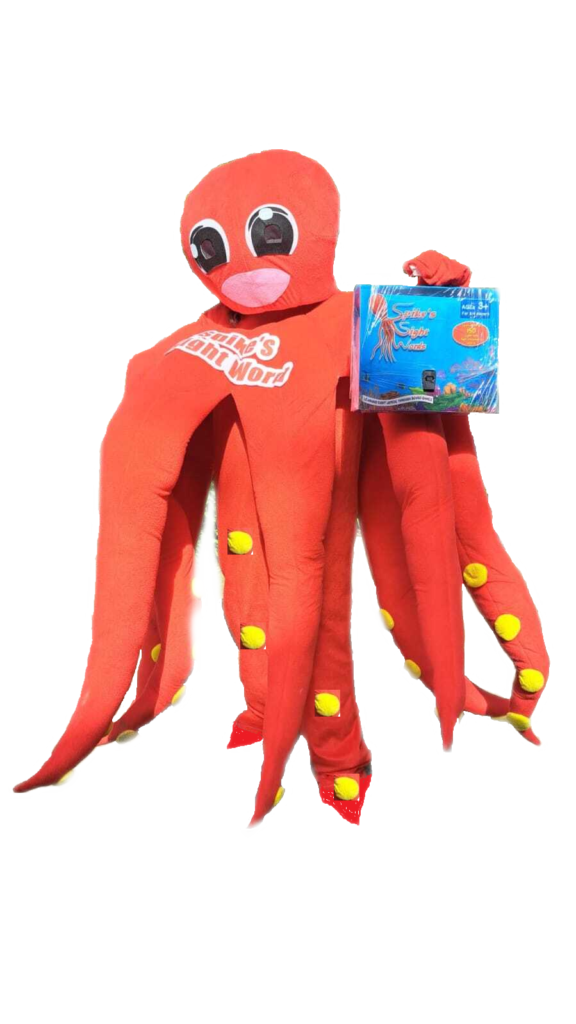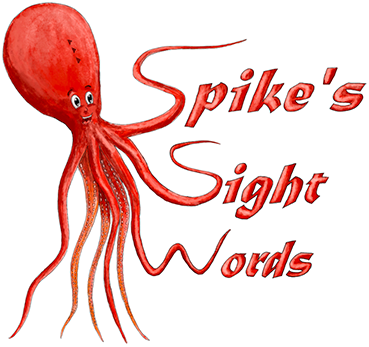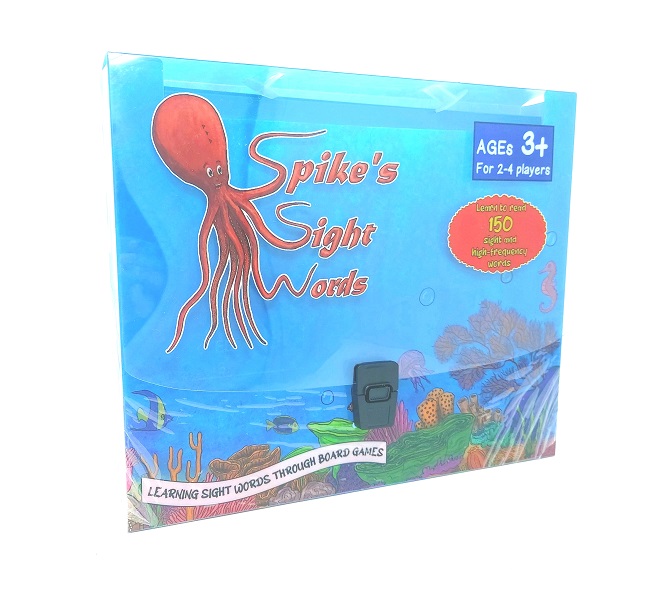
Anachronism
An anachronism is something (or someone) that is out of place in terms of time or chronology. This is most common with old-fashioned items in a modern setting, but can also occur with futuristic items in period pieces. Most anachronisms are there by mistake, especially within movies and television shows.
E.g. Showing the Pharaoh wearing a wristwatch was an obvious anachronism.
Accismus
A form of irony in which someone feigns indifference to something he or she desires. Aesop’s fable The Fox and the Grapes illustrates accismus when the fox dismisses some grapes he is unable to reach, stating that he is sure they are sour anyway.
E.g. “Oh I couldn’t possibly accept…” Exclaimed Veronica upon being presented with a pair of diamond earrings, her natural affinity for accismus shining through.
Cacophony
A cacophony is a harsh mixture of sounds. It descends from the Greek word phōnē which means sound or voice, and is joined with the Greek prefix kak-, meaning bad; creating the meaning bad sound. In a similar way, the word symphony (which means a harmonious arrangement of instruments) traces to phōnē and the Greek prefix syn-, which means together.
E.g. I couldn’t hear over the cacophony of alarm bells.
Draconian
An adjective to describe something that is excessively harsh and severe. Derives from Draco, a 7th-century Athenian law scribe under whom small offenses had heavy punishments; prescribing death for almost every offence.
E.g. The new parking fines are positively draconian.
Limerence
The word limerence was coined only recently, in the 1970’s by psychologist Dorothy Tenov. It can be defined as an involuntary state of mind resulting from a romantic attraction to another person combined with an overwhelming, obsessive need to have one’s feelings reciprocated.
E.g. Eva wasn’t sure how to shake her recent feelings of limerence.
Pareidolia
A psychological phenomenon in which the mind perceives a specific image or pattern where it does not actually exist, such as seeing a face in the clouds. Pareidolia can be used to explain a host of otherwise unexplained sightings.
E.g. Alex was sure he saw a human face on the moon’s surface, but it was more likely to be pareidolia.
Riposte
A quick or witty retaliatory reply. In the context of the sport of fencing, a riposte means a counterattack that is made after successfully fending off one’s opponent.
E.g. Cora was known for having an excellent riposte to any insult.
Sanctimony
Pretend or hypocritical religious devotion or righteousness. Someone who is sanctimonious will preach about the evils of drug use whilst drinking a beer, for example. Associated with a holier-than-thou attitude.
E.g. There was an air of sanctimony in the way he detailed his charity work.
Serendipity
The act of finding something valuable or interesting when you are not looking for it. Coined by English author Horace Walpole in the mid-1700s, crediting it to a fairy tale he read called The Three Princes of Serendip. In the tale, three Persian princes sail to an island called Serendip (today known as Sri Lanka) to find their fortunes, making wondrous discoveries along the way.
E.g. It had to be serendipity that I found my dream house during a random drive in the country.
Verisimilitude
Something that merely seems to be true or real. Many writers or filmmakers try for some kind of verisimilitude in their stories, to make them believable. Including a great many details in a novel, for example, adds to its verisimilitude.
E.g. She was experiencing a nightmare of the most extraordinary verisimilitude.

Absquatulate — to leave somewhere abruptly (verb)
Adagio — to perform in slow tempo (adverb)
Amphisbaena — a mythical serpent with a head at each end (noun)
Bailiwick — a person’s area of skill, knowledge, authority, or work (noun)
Bafflegab — confusing or generally unintelligible jargon (noun)
Bamboozle — to deceive or get the better of (someone) by trickery (verb)
Bugbear — any source, real or imaginary, of needless fright or fear (noun)
Cornucopia —an endless supply (noun)
Demitasse — a small cup for serving strong black coffee after dinner (noun)
Diphthong — a sound formed by the combination of two vowels in a single syllable, in which the sound begins as one vowel and moves toward another (noun)
Doohickey —a gadget (noun)
Doppelgänger — a ghostly double or counterpart of a living person (noun)


